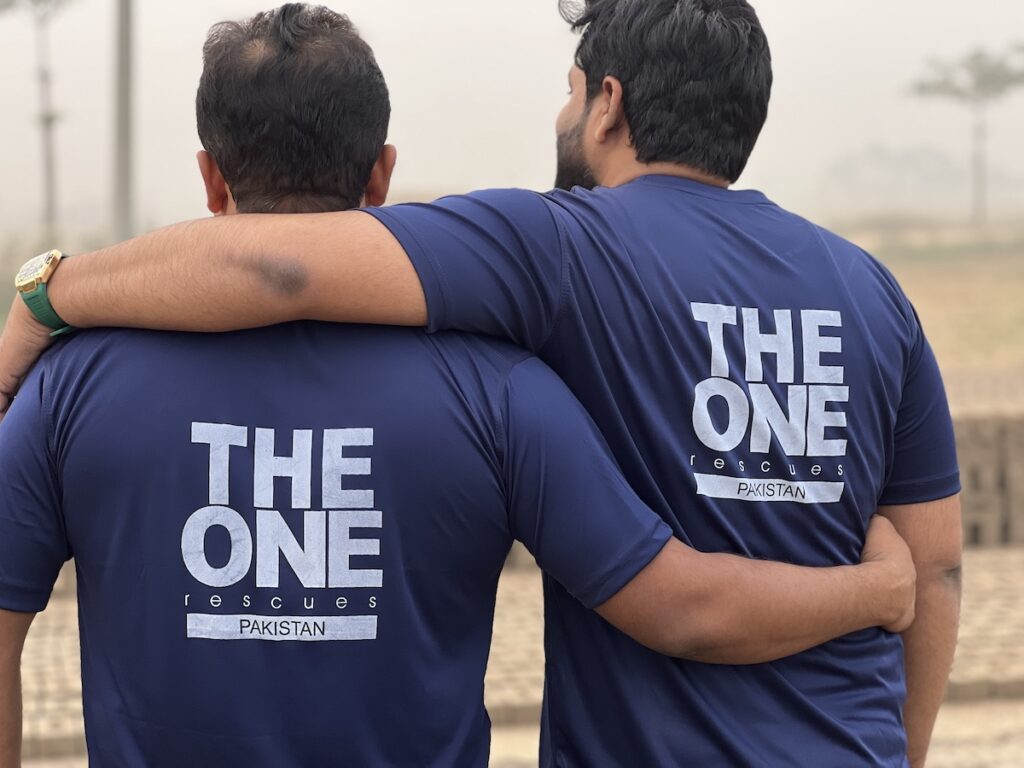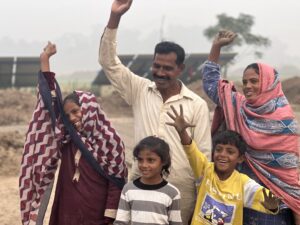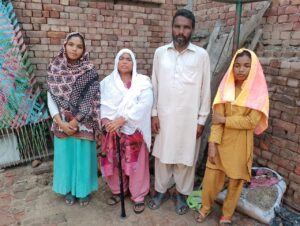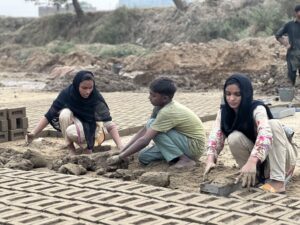Current Project:
“EXODUS 2025”
Set Free 56 Families (248 Individuals) from Brick Kiln Slavery
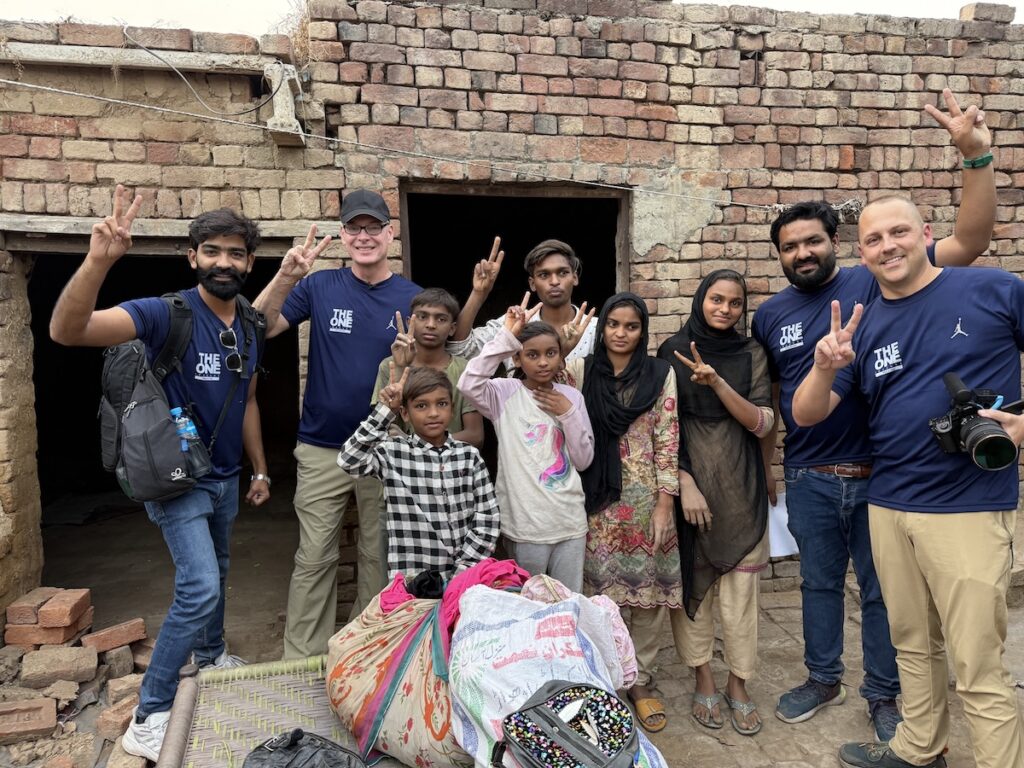
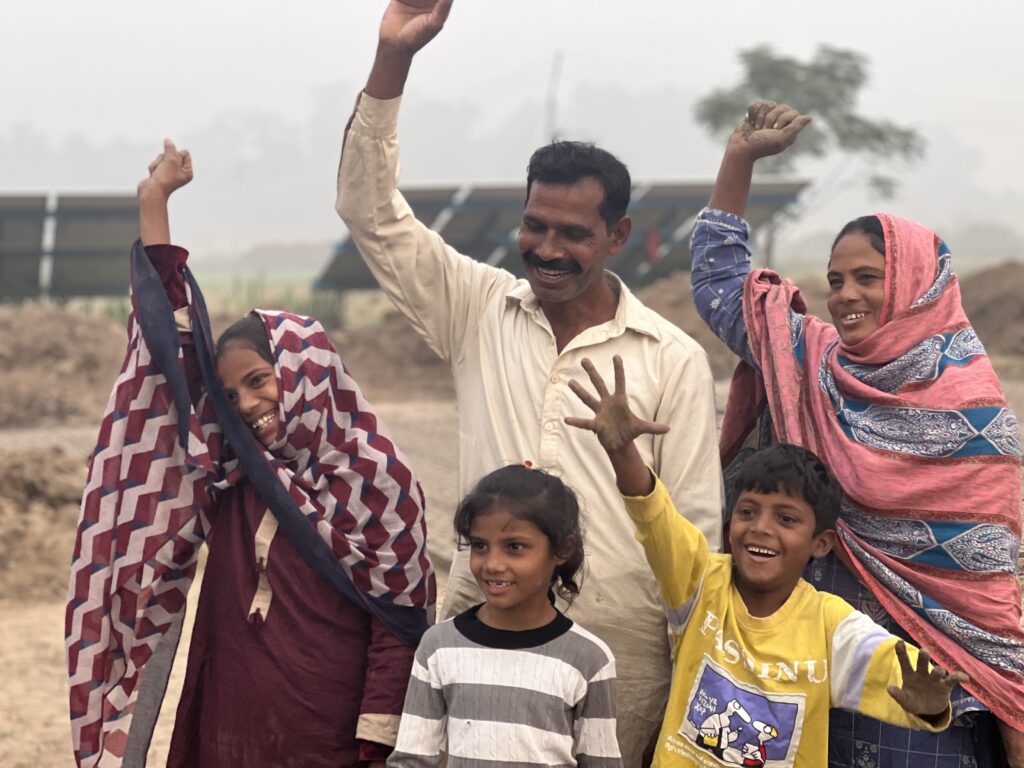
Pakistan’s Slavery
50 million individuals are ensnared in human trafficking including forced labor worldwide. Pakistan ranks 4th on the list of the amount of slavery with a staggering 4.1 million Pakistanis trapped in this modern-day form of slavery. A significant portion of these victims are religious minorities.
Motivated by dire poverty and urgent needs such as medical expenses or matrimonial costs, many find themselves taking out loans or cash advances. The expectation: to repay these debts through labor on brick kilns—a cycle from which escape becomes increasingly elusive.
What starts as a lifeline to cover immediate expenses quickly transforms into a trap. Exorbitant interest rates, arbitrary deductions, and manipulated accounting practices burgeon the debts, condemning not only the current laborers but future generations as well.
For Pakistan’s minority Christian community, options are few and freedoms fewer. Subjected to systemic discrimination within a Muslim-majority society, these believers encounter barriers to education, employment, and fair wages solely due to their faith. Forced into desperate circumstances, they often turn to predatory loans from the brick kiln industry simply to survive, whether to put food on the table, keep a roof overhead, or seek medical attention.
In a cruel irony, these loans, supposedly a temporary solution, morph into lifelong shackles. Garnished wages, skyrocketing interest rates, and insurmountable debt conspire to ensure that the promise of repayment remains forever out of reach.
Exodus 2025 – Families and Children to be rescued
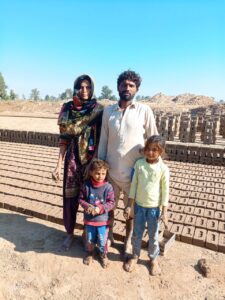
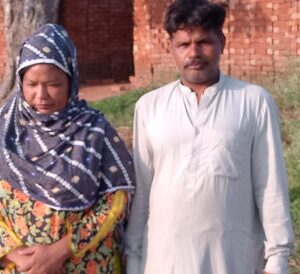
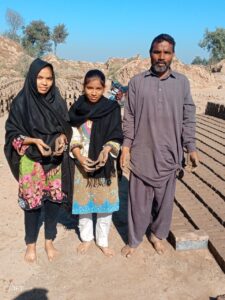
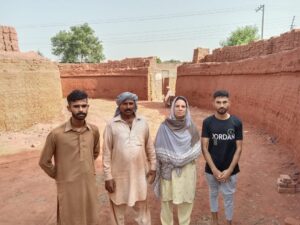
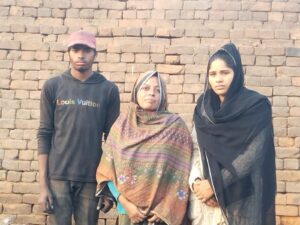
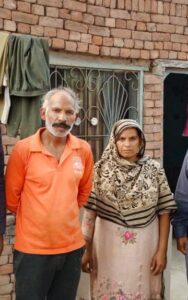
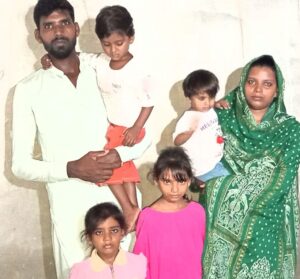
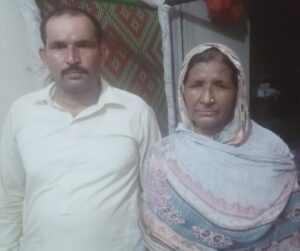
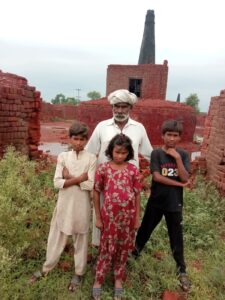
More Images Too Come…
Would you like to support a rescue?
